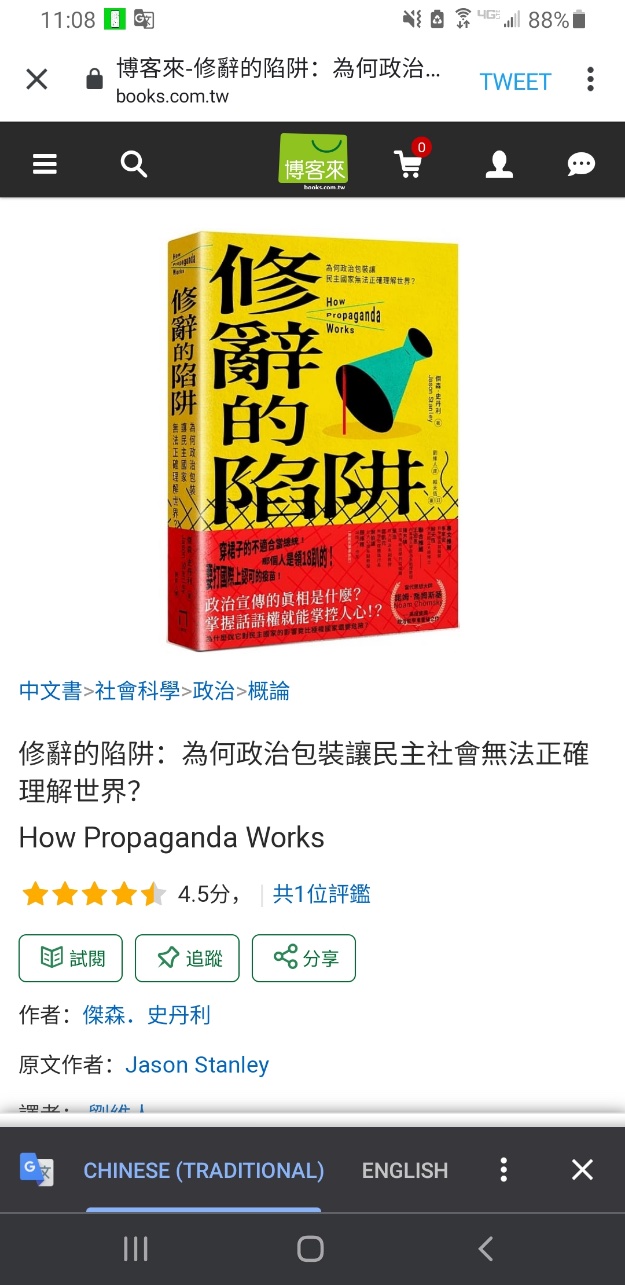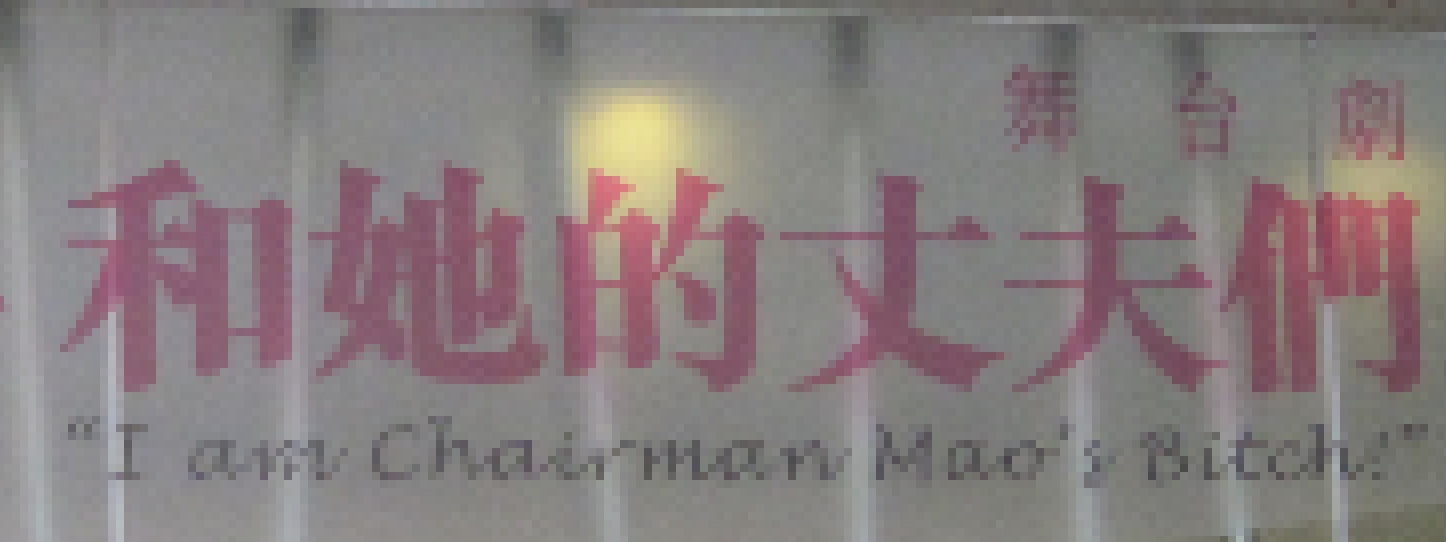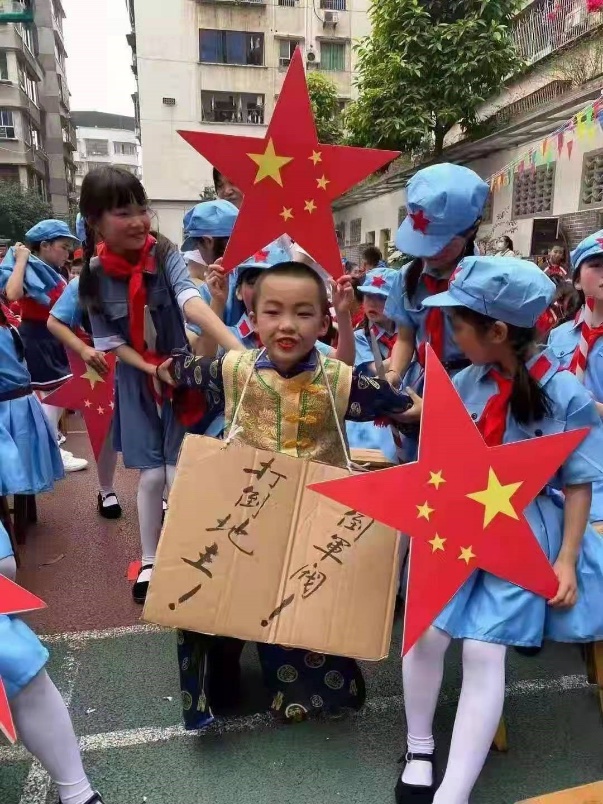Simplified characters defeat traditional characters in Ireland
Article by Colm Keena in The Irish Times (8/2/21):
"Decision on Mandarin Leaving Cert exam ‘outrages’ Chinese communities:
Exam subject that students can sit from 2022 will only allow for simplified Chinese script"
Here are the first four paragraphs of the article:
Chinese communities in Ireland are “outraged” by the decision of the Department of Education to use only a simplified script in the new Leaving Certificate exam in Mandarin Chinese, according to a group set up to campaign on the issue.
The new exam subject, which students can sit from 2022, will not allow for the use of the traditional or heritage Chinese script, which is used by most people from Hong Kong, Taiwan, and other, mostly non-mainland-China locations.
The decision by the department is a “discrimination against the heritage Chinese learners in Ireland,” according to Isabella Jackson, an assistant professor of Chinese history in Trinity College, Dublin, who is a member of the Leaving Cert Mandarin Chinese Group.
“It is wrong for our Irish Government to deny children of a Hong Kong, Taiwan, and Macau background the right to sit an examination using the Chinese script that is part of their heritage.”
Read the rest of this entry »



